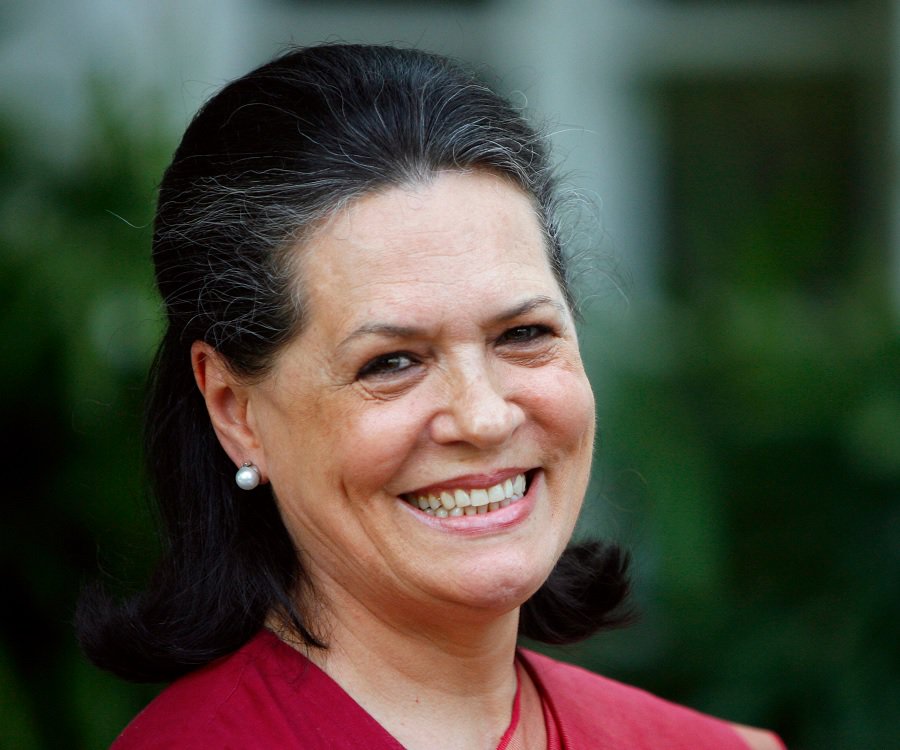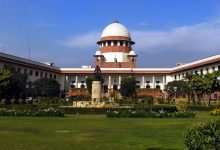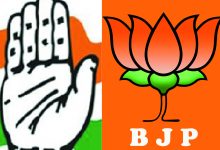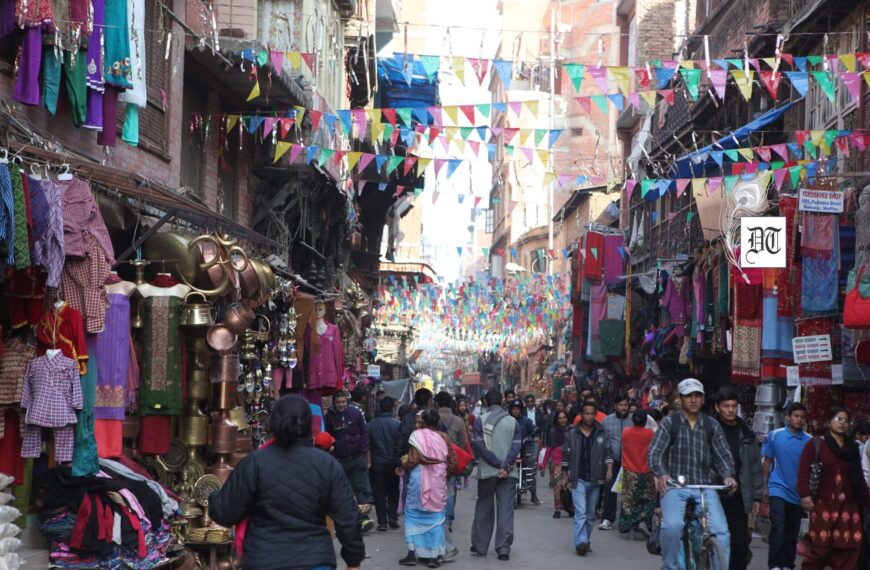Sonia Gandhi’s dinner diplomacy reminisces her initiatives that had culminated in the formation of the UPA against the NDA. It was expected of Congress chief Rahul Gandhi that he would initiate the process to reach out to the opposition parties and interact with them for evolving a strategy to counter the BJP. Here’s a report, for Different Truths.
Sonia Gandhi reaching out to the opposition parties and their leaders have been an astute move. Her dinner diplomacy reminisces her initiatives that had culminated in the formation of the UPA against the NDA. It was expected of Congress chief Rahul Gandhi that he would initiate the process to reach out to the opposition parties and interact with them for evolving a strategy to counter the BJP. Notwithstanding his taking command, the fact remains that during these months he has not initiated any imaginative step which could strengthen the feeling that he could emerge as the fulcrum of opposition unity.
It would be too much to expect a move of this dynamics from him, that too at a time when he is not sure about how to keep the old guards of the party in a loop. Though recently Sonia Gandhi clarified that old leaders will have a respectful place in the party, no such word has come from Rahul. The Congress president ought to realise that he has to take initiatives.
Like previous occasions this time too, during the assembly elections in the Meghalaya, Nagaland and Tripura states, the Congress was found wanting. The killing spirit of Gujarat was missing. Election is election and it does not make much difference whether it is in Gujarat or Tripura. A victory matters. Unfortunately, Rahul did not show much concern for ensuring the defeat of the BJP in the region. The mode of saffron preparation should have rung alarm bells in Congress circles. But it did not happen. Unfortunately for the Congress, it was a war between saffron and red. For him tri-colour was not involved directly in the fight. This was a wrong view.
The reluctance of Rahul to reach out to the opposition parties had two implications: either he was not sure that the opposition leaders would listen to him or, he was sure that the Congress would not withstand the onslaught of Narendra Modi and BJP in Tripura. In Gujarat he was able to put them on the defensive but it came about by aligning with dalit forces and groups. However, the poll results made it amply clear that at the ground level the campaign was devoid of a concrete strategy.
Sonia Gandhi hosting a dinner on March 13 has already jerked the opposition and made them come out of slumber. It is being perceived as an initiative to build a united forum against the BJP. What is significant is that her guests included leaders of all opposition parties, including Trinamool chief Mamata Banerjee. Significantly Mamata on her own has spoken to KCR as well as DMK’s MK Stalin for coordination inside and outside Parliament.
While her latest move will energise the opposition leaders to work for a united front against the BJP, it would also embolden the secular and democratic forces, which have been in a state of confusion in recent years to assert themselves and fight out the saffron attacks. The manner in which the anti-BJP forces have reacted to demolishing of Lenin’s statue in Tripura at all India level augur wells. Realising the nature of the protest and mood of the people, even Prime Minister Narendra Modi, who has always been protecting these ruffians, was forced to warn them. Though Modi expressed his anger against such activities, it is merely an eye wash. Earlier too in the wake of the lynching of Muslims by the vigilantes, Modi had expressed such fake anger.
That ripples of Tripura are being felt by the opposition is evident from BSP chief Mayawati’s announcement of support to her sworn enemy Samajwadi Party in two by-elections in UP. The Congress has not only to fight against the BJP, it has to strengthen and consolidate its support base as the BJP is encroaching on its political space. The results in Tripura would have been different if the Congress had focussed on consolidating its support base and bringing democratic forces together. In Tripura the party was completely dissipated as its entire base shifted to the BJP.
Sonia has assured that the party would work “cohesively” under Rahul’s leadership to revive its fortunes. “We performed very creditably under tough circumstances in Gujarat and the by-election results in Rajasthan were huge. This shows that the winds of change are coming,” she has said. While the remark implied that the work is yet to begin, she is hopeful it would be achieved under the leadership of Rahul. Congress and Rahul Gandhi have to keep in mind that notwithstanding its ideological and programmatical differences with other opposition parties, it is the role and approach of the Congress towards national issues that would define the character of politics in the days to come. Congress communications chief Randeep Surjewala was correct in his observation: “Every party can have aspirations but for the Congress, it is a fight for the foundational values of India.”
It is not without reason that the opposition parties are looking towards Congress to put up a spirited fight against the BJP. Any kind of weakness in Congress would immensely harm the secular and democratic forces. This will provide the opportunity to silence the voice of protest and democratic dissent and also motivate the vigilante groups to indulge in violence. What happened in Tripura post-poll is the grim reminder that they are waiting in the wings to attack. The demolition of Lenin’s statue is the manifestation of the Indian social order disintegrating under the BJP rule.
Sonia asserted that ever since the BJP came to power, “institutions that are at the foundation of our democracy have come under systematic assault — Parliament itself, the judiciary, media and civil society”. According to her, minorities feel unsafe and are being subjected to “barbarous attacks”, while Dalits and women have come under renewed and widespread atrocities. She also alleged that investigative agencies have been let loose against political opponents, and “an all-pervasive atmosphere of fear and intimidation has been created”.
It is good that, though belatedly, the Congress has realised the threat to liberal, secular and democratic traditions and the pluralistic nature of Indian society, which has been its strength for centuries.
Arun Srivastava
©IPA Service
Photo from the Internet





 By
By

